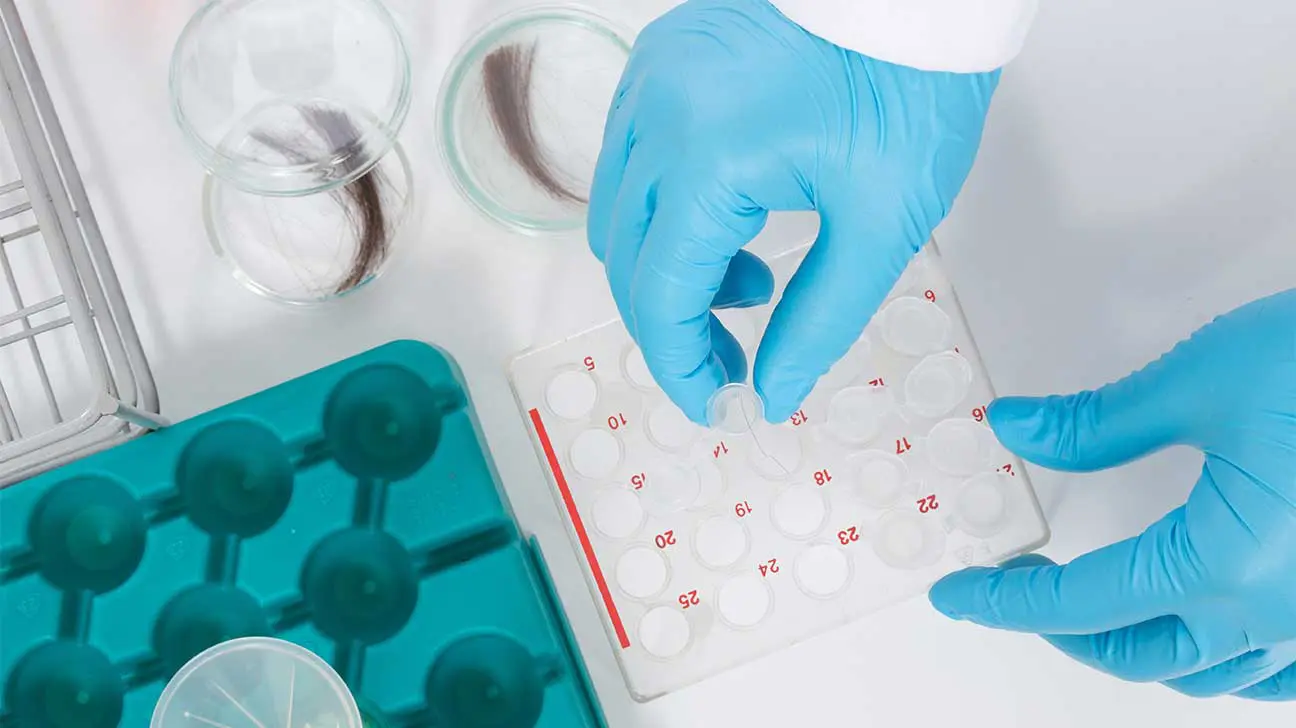
One common concern of people who use illicit drugs like crack cocaine is how long it will show up in a drug test after use.
Crack cocaine can remain detectable in hair for long after the side effects of cocaine have worn off. Hair testing has the longest detection window of any type of drug test and may be conducted at home or in a clinical setting.
Crack Cocaine Hair Detection Time
Hair testing methods can detect crack cocaine use for up to three months, or 90 days, after use on average. This is similar to the timeframe for other illicit drugs.
Factors that can affect how long cocaine stays in hair include:
- frequency of use
- amount of crack used
- using multiple drugs (e.g. meth, opioids, alcohol)
- body fat
- metabolism
- co-occurring physical and mental health conditions
Dying, styling, or washing your hair won’t affect the amount of time cocaine stays in your hair. Hair samples for a drug test may be taken from the scalp, armpit, or other areas of the body.
Why Are Hair Tests Used?
Hair testing may be ordered by a healthcare provider, employer, or legal entity as part of a routine drug monitoring program or based on suspicion of drug use.
Common signs of crack cocaine use include:
- hyperactivity
- unusually talkative
- hacking cough (from smoking crack)
- new or worsened respiratory problems
- unexplained weight loss
- increased heart rate and blood pressure
- constricted blood vessels
- psychosis (e.g. paranoia, hallucinations)
Hair follicle testing can be particularly useful for detecting a pattern of long-term substance use, due to its long detection window.
How To Get Crack Cocaine Out Of Your System
Avoiding a positive test result for crack cocaine use is an understandable worry for those who use crack. Crack cocaine is illegal to possess, buy, and distribute in the United States.
Stopping your cocaine use is the only way to get crack cocaine out of your system. This isn’t as easy as it sounds.
People who become physically dependent on cocaine may experience withdrawal symptoms—including strong drug cravings—within hours of their last dose.
Quitting crack cocaine can be difficult to do alone. In some cases, it can also be dangerous. Entering a detox program is the safest and most effective way to get crack out of your system.
Find Treatment For Crack Use And Addiction
If someone tests positive for crack use, it may be recommended that they begin a drug abuse treatment program.
Treatment for crack cocaine use and addiction may involve:
- detox
- behavioral therapy
- recovery support groups
- medication
- sober living or therapeutic communities
Treatment for crack cocaine use is offered in inpatient and outpatient treatment programs. The length of these programs, the cost, and the intensity of the treatment can vary.
Even if it feels impossible now, recovering from an addiction to crack cocaine is possible. Call our helpline today to find cocaine addiction treatment for yourself or a loved one.
Addiction Resource aims to provide only the most current, accurate information in regards to addiction and addiction treatment, which means we only reference the most credible sources available.
These include peer-reviewed journals, government entities and academic institutions, and leaders in addiction healthcare and advocacy. Learn more about how we safeguard our content by viewing our editorial policy.
- U.S. National Institute on Drug Abuse—Cocaine Research Report
https://www.drugabuse.gov/publications/research-reports/cocaine/what-cocaine - U.S. National Library of Medicine: MedlinePlus—Drug Testing
https://medlineplus.gov/lab-tests/drug-testing/ - Quest Diagnostics—Hair Drug Testing FAQ
https://www.questdiagnostics.com/dms/Documents/Employer-Solutions/Brochures/quest-hair-testing-faq-2018/Quest%20hair%20drug%20testing%20FAQ.pdf


